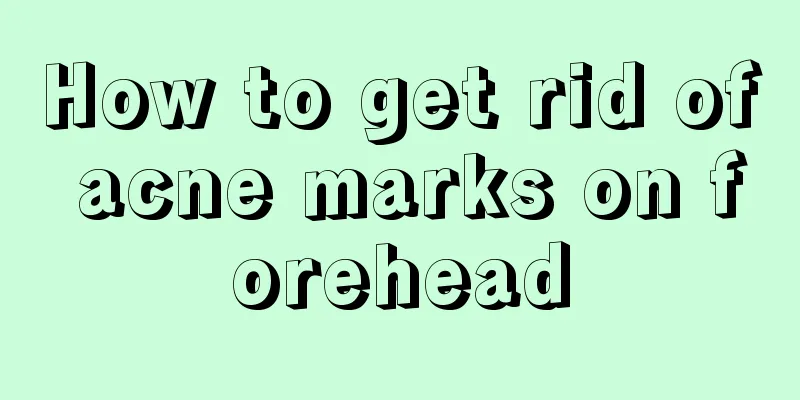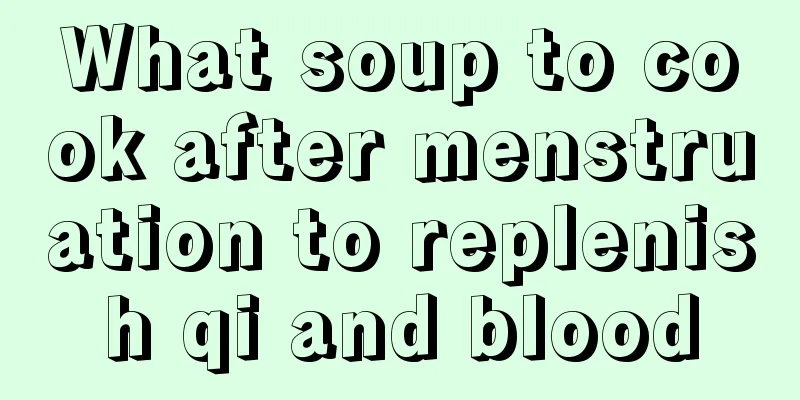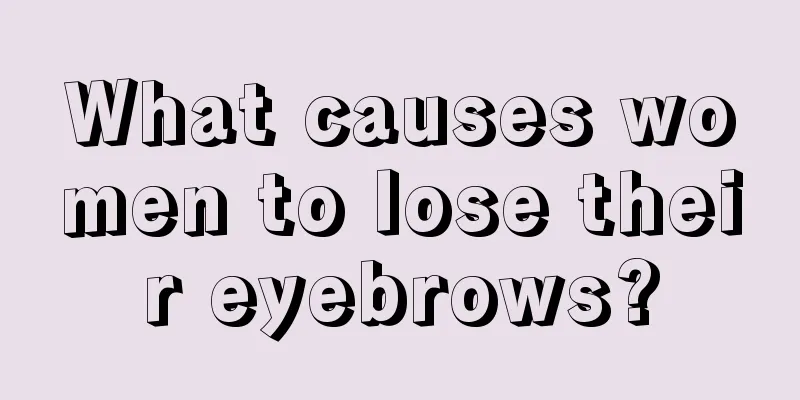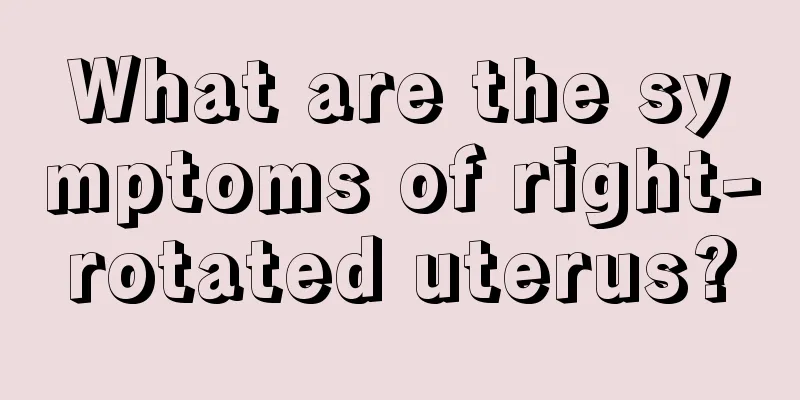Does taking lutein help dry eyes? What foods contain lutein?
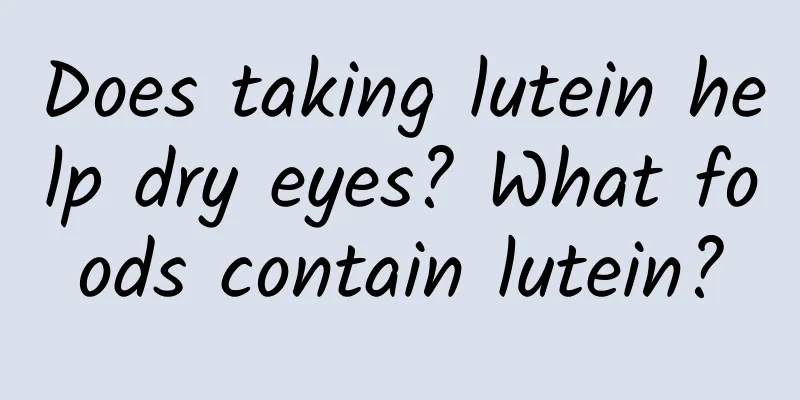
|
Lutein, also known as plant lutein, is widely found in flowers, vegetables, fruits and other plants. Lutein has a certain eye protection effect and can filter blue light. So can you eat lutein when your eyes are dry? What foods can supplement lutein? Does taking lutein help with dry eyes?It can be supplemented in moderation, but lutein alone is not enough, and lutein itself can be supplemented through diet. Lutein is also known as carotenoid, which is mainly converted into vitamin A in the human body to protect the eyes. Eyes need a variety of nutrients to be moisturized, the most important of which is vitamin B2; the process of vision requires the participation of vitamin A; the conduction of the optic nerve requires the help of B vitamins; preventing eye aging requires healthy blood vessels, and vitamin C and vitamin E are very helpful in this regard. What foods contain luteinThe darker the green color of the vegetable, the higher the lutein content. For example, kale, green broccoli, spinach, asparagus, green lettuce, etc. are rich in lutein. Egg yolk is also a good provider of lutein. The main purpose of lutein supplementation is because lutein can be converted into vitamin A in the body, so vitamin A can also be supplemented directly through diet. To supplement vitamin A, you should eat more liver, milk, egg yolks, green leafy vegetables, carrots, sweet potatoes, etc. Vitamin A is a fat-soluble vitamin. Excessive intake will be stored in the body. Excessive intake of lutein will cause an extra burden on the liver. The recommended daily dosage is about 12 mg. For example, if you eat animal liver, it is recommended to eat it once every three days, and don't eat too much each time. The outer skin of whole grain seeds such as yeast, liver, rice bran, and malt contains complete vitamin B. Therefore, it is recommended that people change their daily staple food to whole grains. Can lutein protect your eyes?1. Protect the retina and improve vision.Lutein is an antioxidant that prevents oxidative damage to the retina, protects eye microvessels and maintains blood circulation. Lutein also filters out blue light from electronic devices to protect vision. 2. Prevent glaucoma and cataracts.Lutein can reduce the oxidative strength of eye proteins and reduce the risk of glaucoma. Lutein can also improve the antioxidant capacity of the lens, resist damage from sunlight and free radicals, and delay or prevent the occurrence of cataracts. 3. Protect the macular area of the eye.Studies have shown that lutein can help patients with age-related macular degeneration improve their vision and reduce the risk of blindness. |
Recommend
The road for foreign payment brands such as Apple Pay to enter China is destined to be a difficult one
199IT original compilation Recently, the US payme...
What to do if a girl has a bulge in her genitals
Some women find pustules on their private parts, ...
Stomach discomfort and nausea in late pregnancy
Many pregnant women will experience discomfort an...
How to care for blisters in pubic hair?
If female friends do not pay attention to persona...
Drinking porridge is not as good as eating beef? What does Dr. Zhang Wenhong mean by this?
I remember that in the first half of the year, th...
A brief discussion on medication for insomnia
As the saying goes, "One night without sleep...
What causes bleeding after hysteroscopy?
Yesterday, a female colleague told me that she ha...
How to pay attention to dry and itchy nipples
Some female friends have dry and itchy hands. At ...
Girls have hair on their necks
If a circle of hair grows around the Adam's a...
What should I do if I have urethritis during pregnancy?
If you have a urinary tract infection during preg...
Is 25 to 35 degrees suitable for night fishing? What are the benefits of night fishing at 25 to 35 degrees?
There are many advantages to night fishing. For e...
When you reach middle age, you should be careful when drinking tea. You should master the three things to drink and the three things not to drink. Only by drinking tea can you be healthy.
At forty, people are free from doubts. People of ...
Tips for stopping excessive menstrual bleeding
There are many female friends who have heavy mens...
What should you pay attention to after miscarriage
Miscarriage refers to the spontaneous abortion of...
The harm of grape seeds to women
Generally speaking, when we eat grapes, we don’t ...
